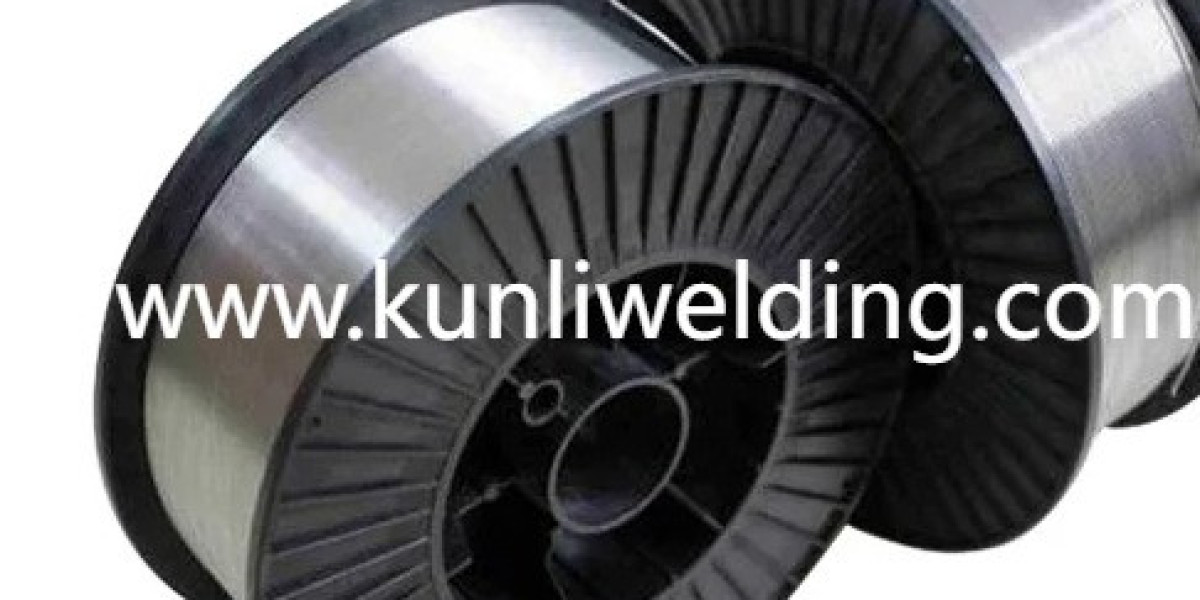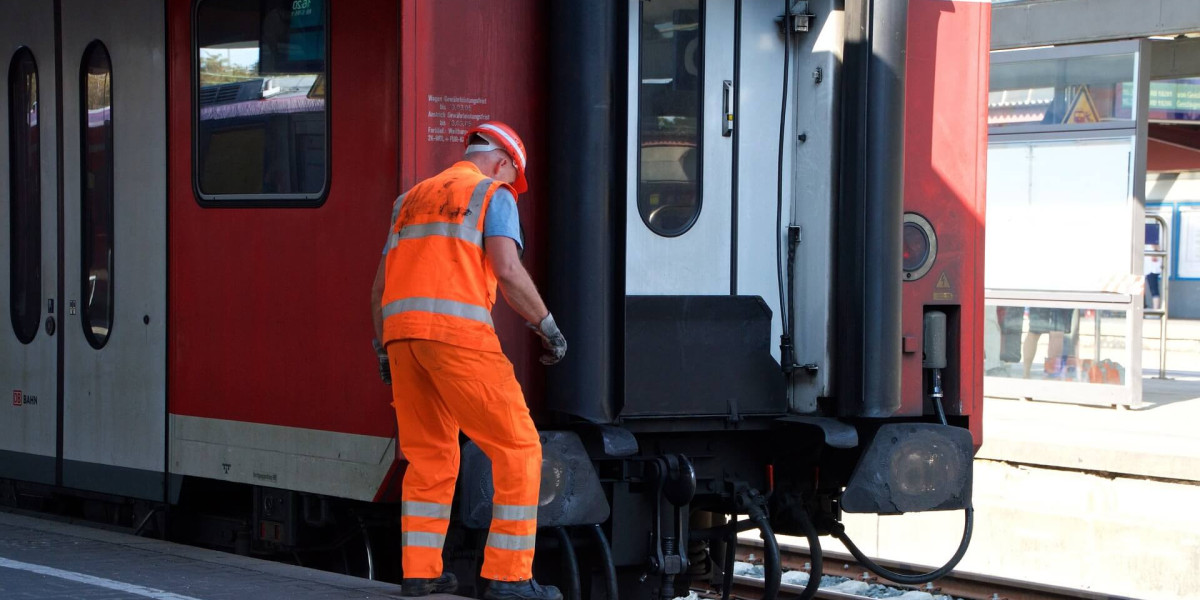As vehicle makers embrace lighter designs for greater efficiency, Aluminum Welding Wire Manufacturers play a critical role in enabling the shift toward electric mobility. With automakers selecting aluminum for battery enclosures and structural components, these specialists deliver filler metals engineered for strong, corrosion-resistant joints. Such wires support fabrication teams as they balance weight reduction with the need for safe, durable welds in demanding automotive assembly environments.
Electric car platforms rely on aluminum alloys to reduce mass without sacrificing crashworthiness or rigidity. Welding consumables tailored to these applications ensure stable arcs and smooth deposition on thin panels and complex joints. Advanced extrusion processes and precise chemistry control allow wire producers to meet the exacting standards of automotive fabricators, who require minimal spatter and uniform bead profiles to streamline downstream finishing operations.
Battery systems present unique welding challenges. Casing materials demand fillers that resist galvanic corrosion and maintain conductivity under thermal stress. Collaboration between fabricators and wire developers has yielded specialized wires featuring optimized magnesium and silicon additions. These formulations promote fine-grained weld zones that withstand vibration and thermal cycling, giving engineers the confidence to specify aluminum for critical energy storage modules.
Beyond batteries, body-in-white assemblies benefit from welds that balance strength and ductility. Complex joint geometries, such as tailored blank seams and multi-pass intersections, depend on consumables that adapt to varying heat inputs. Innovative wire coatings reduce oxidation on feeders and contact tubes, ensuring consistent feed rates for both robotic and manual torches. This integration of material science and process engineering accelerates production while preserving joint integrity.
Supply chain resilience has become a focal point amid global shifts in automotive sourcing. Many fabricators now partner with regional Aluminum Welding Wire Manufacturers to secure steady deliveries of precise wire spools. Local stocking hubs and responsive customer service teams collaborate on demand forecasts, preventing line stoppages and aligning material flow with just-in-time assembly protocols. This local support reduces logistics complexity and risk exposure.
Automation continues to transform welding shops. High-speed robotic cells equipped with vision systems rely on consumables that deliver predictable arc behavior at elevated travel speeds. Wire makers invest in pilot lines to test new alloys under simulated production conditions, fine-tuning wire diameter and surface treatments for optimal robot feeding. The result is higher first-pass yield and reduced maintenance on contact tips, boosting overall equipment efficiency.
Sustainability initiatives drive additional innovation. Recycled aluminum content and energy-efficient melting techniques reduce environmental impact during wire production. Closed-loop water systems conserve resources in extrusion and drawing processes. Fabricators appreciate transparent eco-reports that help them meet corporate climate commitments. By choosing partners who share sustainability goals, automotive teams reinforce their dedication to cleaner manufacturing.
Application support rounds out the value proposition. Onsite technical specialists guide joint design, parameter selection, and troubleshooting for new aluminum grades. Interactive workshops bring fabricators and wire experts together to explore emerging aluminum alloys, ensuring readiness for future shifts in material choices. This collaborative spirit accelerates adoption of lightweight strategies and helps welders master the subtleties of aluminum joining.
As the electric vehicle transition accelerates, the demand for specialized welding consumables continues to rise. Fabricators seeking reliable, performance-driven aluminum filler wires can find detailed product information, technical data, and expert guidance at www.kunliwelding.com .







